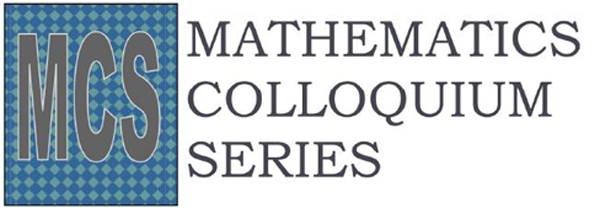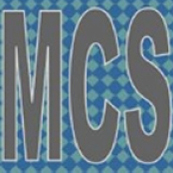 The first talk in the fall 2013 Mathematics Colloquium Series will look at using math models as a tool for preventing crime. Hosted by the NSU Farquhar College of Arts and Sciences, the talk is free and all are welcome to attend.
The first talk in the fall 2013 Mathematics Colloquium Series will look at using math models as a tool for preventing crime. Hosted by the NSU Farquhar College of Arts and Sciences, the talk is free and all are welcome to attend.
“Social Interaction Modeling in Environmental Criminology”
Mathematics Colloquium Series
Evan Haskell, Ph.D., associate professor at the college
Wednesday, Sept. 25
Noon–1:00 p.m.
Carl DeSantis Building | Room 2056
About the Talk
Crime “hotspots,” or elevated levels of criminal activity that are strongly patterned in time and space, are a ubiquitous feature of crime maps. The mechanisms underlying the formation, spread, and dissipation of such hotspots are poorly understood, which hampers the ability of law-enforcement agencies to develop crime-prevention strategies from mapped crime patterns. Environmental criminology posits that most crime events are not random and can be understood as a relationship between criminogenic individuals and criminogenic elements of the environment. In this talk, Haskell will present a model of the relationship between crime, environment, and the spread of crime through the environment and look at the potential impact of different prevention strategies.
About the Series
Hosted by the college’s Division of Math, Science, and Technology, the Mathematics Colloquium Series aims to increase awareness of mathematics’ importance and applications in daily life. The series also gives mathematics faculty members and students the opportunity to discuss independent research and share their passion for the subject.
For more information, contact Vehbi Paksoy, Ph.D., or Iuliana Stanculescu, Ph.D., associate professors at the college.

